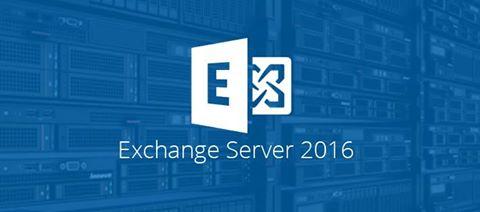Important Features of Exchange Hosting

Servers functioning from a centralized data centeror e-mail server facilitate the functioning of a hosting service called Cloud Hosted Exchange. Microsoft Hosted Exchange is one of the most prominent technical tools in use in the present days. However, whether an individual or a business is in need of a Hosted Exchange or not depends upon the business goals and objectives. It also relies majorly on the scale and level of business.
Below are some of the features of Hosted Exchange:
- Exchange Hosting also manages Calendar appointments, Contacts, Notes and Tasks. A centralized server is responsible for the management of all such tasks. With the calendar feature of Microsoft Hosted Exchange, users can set up a well-timed business routine for themselves.
It can be utilized to have a properly scheduled chart of business meetings or appointments. Also, reminders can be set for better management of the schedule with no fail.
- Exchange Hosting facilitates Direct Push synchronization. With the assistance of this feature, users can export all the data to a mobile device from the Exchange Server quickly and easily. Seamless synchronization of data from the Exchange server ensures quick and easy conduct of business-related operations. All the information on the server can be accessed by the users on the go as and when they wish to.
- By simply downloading Outlook 2013 or Outlook for Mac 2011, users can modify the configuration settings of their account. Details, like password, user’s name as well as e-mail aggregations can be altered following simple steps.
- End user settings can also be changed for users. However, it can be done only by the Account Managers. Also, certain domain-level features can be updated. Some of such features are Distribution Lists, Import/Export and Global Contacts.
- To the Hosted Exchange, new users can be added by the Account Directors only. Also, they can upgrade the access rights to the existing users.Account Directors can register for extra billable features as well.
A hosting provider is engaged to hold hosting services for a business. The provider owns all the technical apparatus essential for rendering the services to the client, including hardware and software. It’s the responsibility of the hosting provider to bear on the effort and cost of maintenance, upgradation, back-up as well as recovery strategy. The client seeking the hosting services does not have to be worried about the additional expenditures after hiring a hosting service provider. With Hosted Exchange, a business can save big on resources as well as capital. You can utilize same quality services at a lesser cost.

Comments